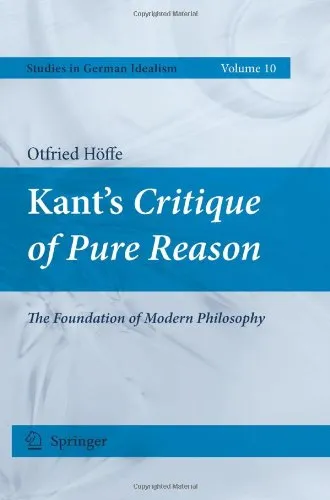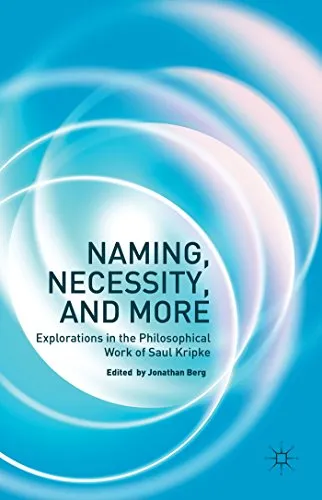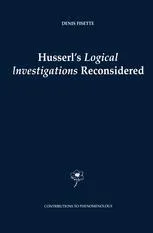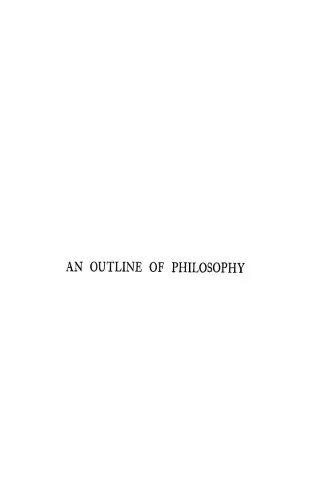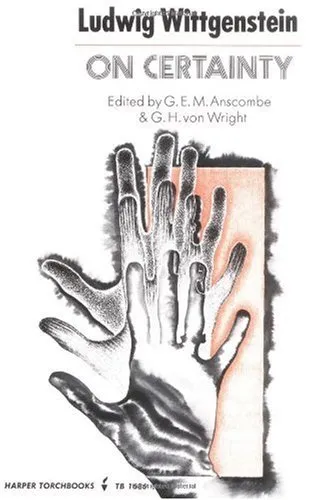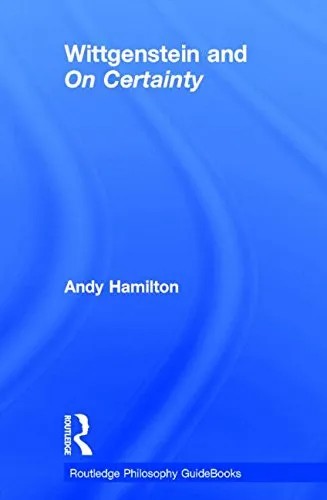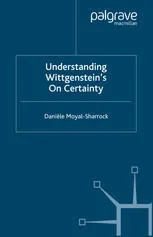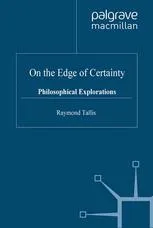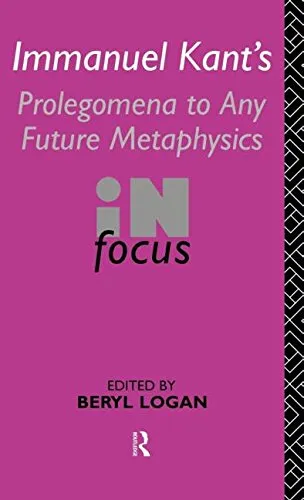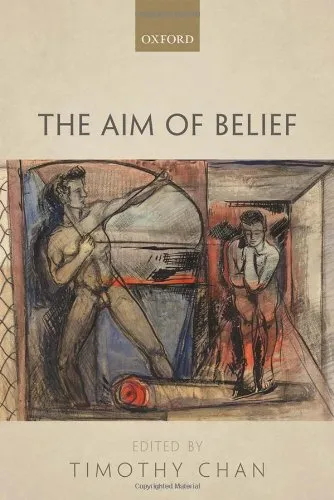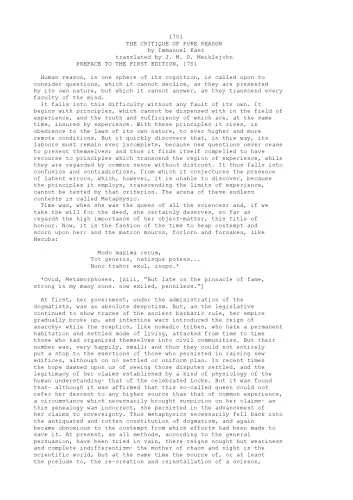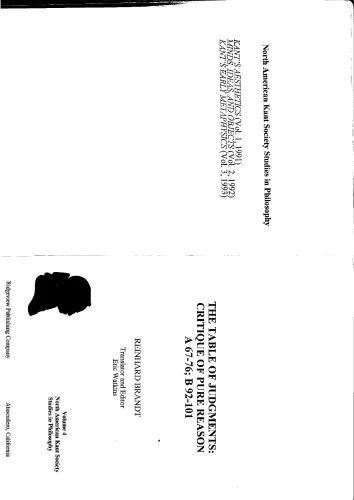Kant's Critique of Pure Reason: The Foundation of Modern Philosophy
4.4
Reviews from our users

You Can Ask your questions from this book's AI after Login
Each download or ask from book AI costs 2 points. To earn more free points, please visit the Points Guide Page and complete some valuable actions.Related Refrences:
Welcome to an enlightening journey into one of the foundational works of modern philosophy, 'Kant's Critique of Pure Reason: The Foundation of Modern Philosophy'. This book unravels the complexities of Immanuel Kant's seminal work, offering in-depth insights into its profound implications for contemporary philosophical discourse. Whether you are a seasoned philosopher or new to Kant's thought, this introduction will guide you through the essential elements of this cornerstone of philosophical literature.
Detailed Summary of the Book
In 'Kant's Critique of Pure Reason: The Foundation of Modern Philosophy', author Otfried Höffe undertakes the challenging task of explicating Immanuel Kant's dense and influential text, 'Critique of Pure Reason'. This book is a comprehensive examination of Kant's attempt to establish the limits and scope of human understanding and the conditions under which knowledge is possible. Kant embarks on a revolutionary path, arguing that our knowledge is structured by the innate features of human cognition, which profoundly impacts the way reality is perceived.
Kant divides his critical project into the transcendental aesthetic, where space and time are scrutinized as forms of sensibility, and the transcendental logic, which explores the fundamental categories of thought. By proposing the "Copernican Revolution" in philosophy, Kant suggests that knowledge is not merely a passive reflection of the external world but is actively shaped by the cognitive faculties of the mind.
Höffe's book serves as a guide through Kant's rigorous exploration of metaphysics, epistemology, and the nature of thought itself. It clarifies the intricate arguments Kant employs, making them accessible to readers while preserving the depth of Kant's original insights.
Key Takeaways
- Kant's philosophy represents a paradigm shift, placing human cognition at the center of philosophical inquiry.
- The distinction between phenomena and noumena is crucial in understanding the limits of human knowledge.
- Kant's ideas lay the groundwork for subsequent developments in both analytic and continental philosophy.
- Understanding the transcendental conditions of knowledge is vital for grasping the nature of reality and human perception.
Famous Quotes from the Book
"The possession of power unavoidably spoils the free use of reason."
"Thoughts without content are empty; intuitions without concepts are blind."
"All our knowledge begins with the senses, proceeds then to the understanding, and ends with reason."
Why This Book Matters
The significance of 'Kant's Critique of Pure Reason: The Foundation of Modern Philosophy' cannot be understated. It offers a thorough exploration of Kant's attempt to reconcile the empirical and rationalist traditions of the 18th century. By doing so, Kant paved the way for a new epoch of philosophical inquiry that influenced not only philosophy but also the development of science, ethics, and aesthetics.
This work is crucial for anyone seeking to understand not merely the history of philosophy but its current and future directions. Kant's innovative ideas challenge readers to reconsider the nature of reality and the role of human cognition in the acquisition of knowledge. The book's accessibility and clarity make it an essential read for students, scholars, and anyone interested in the foundational questions of philosophy.
Moreover, Otfried Höffe's interpretation of the 'Critique of Pure Reason' allows readers to grasp the enduring relevance of Kant's work, facilitating engagement with its themes and expanding their intellectual horizons.
Free Direct Download
You Can Download this book after Login
Accessing books through legal platforms and public libraries not only supports the rights of authors and publishers but also contributes to the sustainability of reading culture. Before downloading, please take a moment to consider these options.
Find this book on other platforms:
WorldCat helps you find books in libraries worldwide.
See ratings, reviews, and discussions on Goodreads.
Find and buy rare or used books on AbeBooks.
1572
بازدید4.4
امتیاز0
نظر98%
رضایتReviews:
4.4
Based on 0 users review
Questions & Answers
Ask questions about this book or help others by answering
No questions yet. Be the first to ask!
